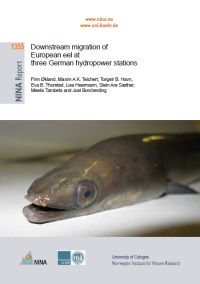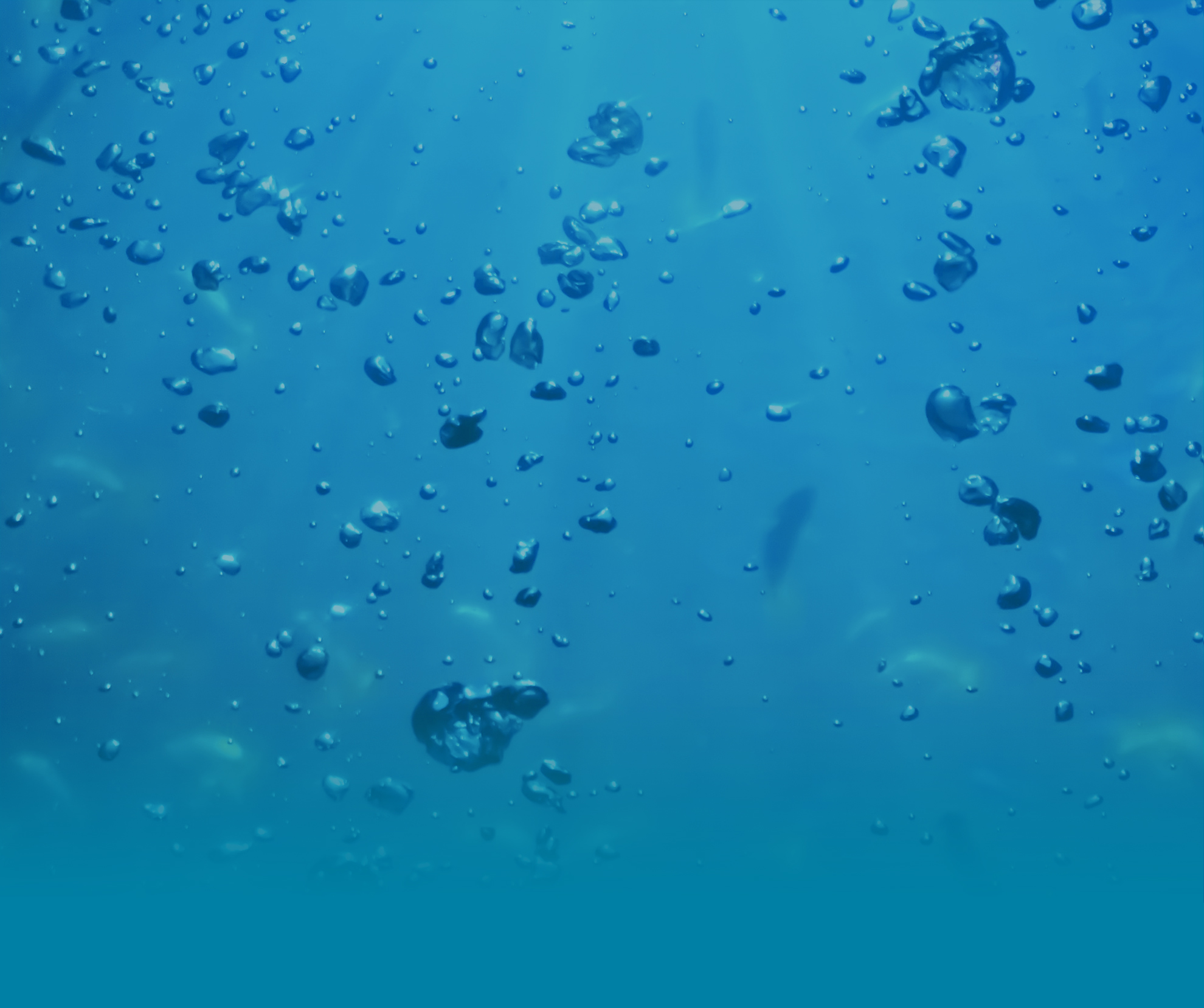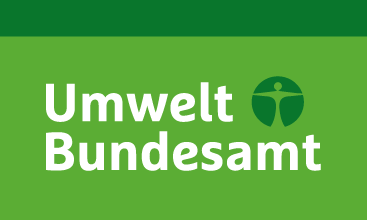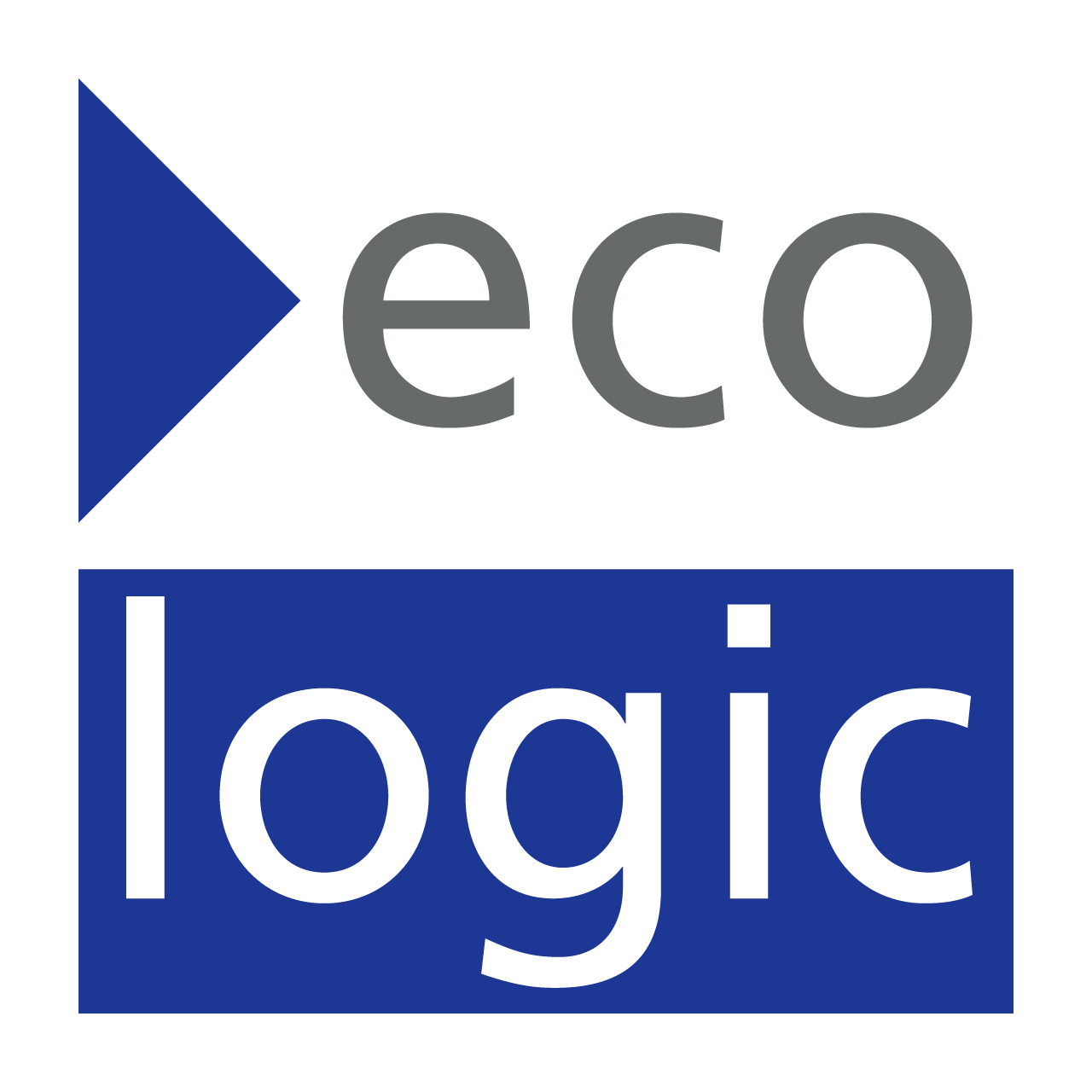
The aim of this study was to examine migration behaviour and losses of European silver eel when passing three run-of-the river hydropower stations in Germany. These were the Unkelmühle power station in the Sieg, the power station in Gengenbach in the Kinzig (both tributaries to the Rhine), and Kuhlemühle power station in the Diemel (tributary to the Weser).
The Unkelmühle power station is designed with several bypass routes where fish can pass outside the turbines. At the power station in Gengenbach, the position of a movable turbine can be adjusted to let downstream migrating fish pass above or under the turbine. Narrowly spaced bar racks have been installed in front of the turbine intakes at both Unkelmühle, River Sieg (10 mm), and Gengenbach, River Kinzig (15 mm), to prevent fish from entering the turbines. At the Kuhlemühle power station, River Diemel, an Archimedes screw turbine is installed without a bar rack in front of its entrance. Archimedes screws are regarded as being fish-friendly turbines, but few studies have tested this assumption.
The study was performed during 2014 to 2016 by tagging 542 European silver eels with radio transmitters. Their migration in the river and past the power stations was recorded.
Overall, a low mortality for downstream migrating silver eels at these power stations was recorded. However, there are uncertainties linked to the survival estimates, particularly at Gengenbach and Kuhlemühle.
The study Downstream migration of European eel at three German hydropower stations [pdf, 9.6 MB, English] is available for download.
Dr. Detlev Ingendahl
Ministerium für Klimaschutz, Umwelt, Landwirtschaft, Natur- und Verbraucherschutz Nordrhein-Westfalen
Ref. IV-6, Flussgebietsmanagement, Gewässerökologie, Hochwasserschutz
40190 Düsseldorf
Tel.: +49-211-4566228
E-Mail: detlev.ingendahl@mulnv.nrw.de






